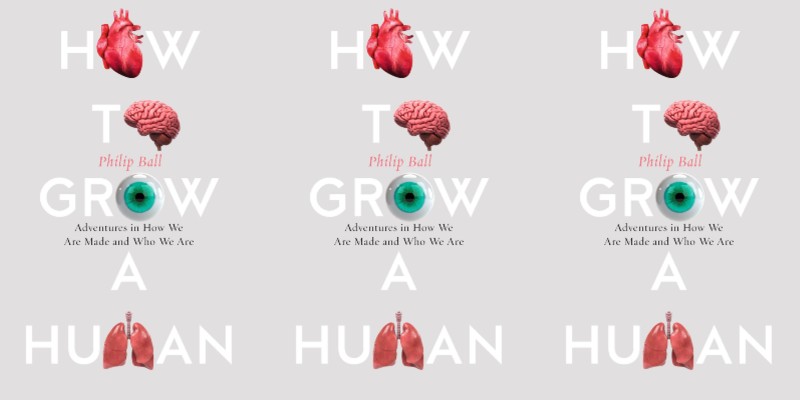
SCIENCE writer Dr Philip Ball asks: “What does it mean to be human and to have a ‘self’ in the face of new scientific developments in genetic editing, cloning and the growth of tissues and organs outside the body?”
His question, posited at the online York Festival of Ideas this evening, was prompted by seeing his own skin cells used to grow clumps of new neurons that organise themselves into ‘mini-brains’.
Pondering the concepts of identity and biological individuality in his 6pm talk, he delves into cell biology, embryology and humanity’s deep evolutionary past when complex creatures like us emerged from single-celled life, as he offers a new perspective on how humans think about ourselves.
“In an age when we are increasingly encouraged to regard the ‘self’ as an abstract sequence of genetic information, or as a pattern of neural activity that might be ‘downloaded’ to a computer, he returns us to the body – to flesh and blood – and anchors a conception of personhood in this unique and ephemeral mortal coil,” says the York Festival of Ideas website.
“Ball, author of How To Build A Human, brings us back to ourselves, but in doing so, challenges old preconceptions and values about life and humanity. Prepare to rethink how we exist in the world.”
After his talk, subtitled Adventures In How We Are Made And Who We Are, online festival-goers are invited to join Ball on Twitter for a live question-and-answer session at 7pm @philipcball.
Admission to the online talk is free but booking is required at: eventbrite.co.uk/e/how-to-grow-a-human-tickets-105237249446.
Brought to you remotely by the University of York, York Festival of Ideas is full of ideas until June 14, gathering under the new umbrella of Virtual Horizons. For more details, visit yorkfestivalofideas.com/2020-online/
Did you know?
Dr Philip Ball is a Fellow of the Royal Society of Chemistry.
